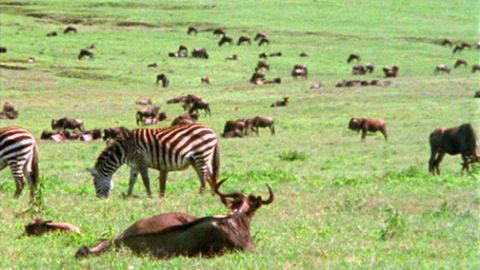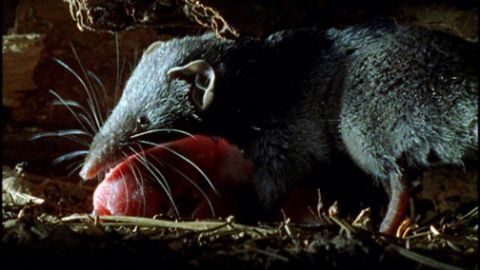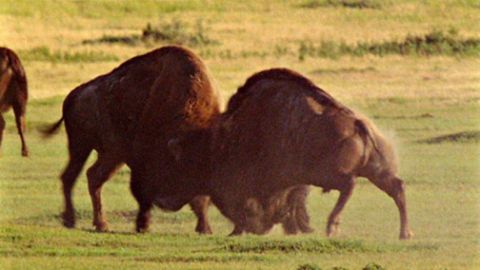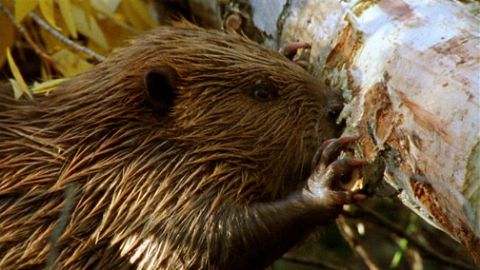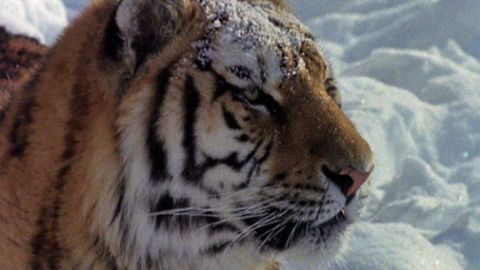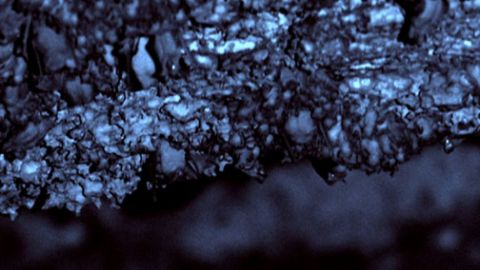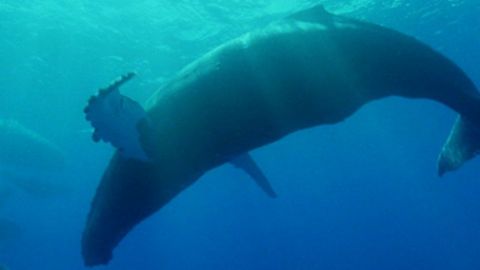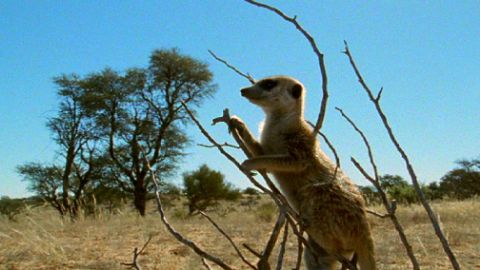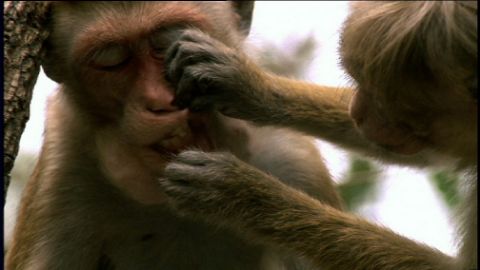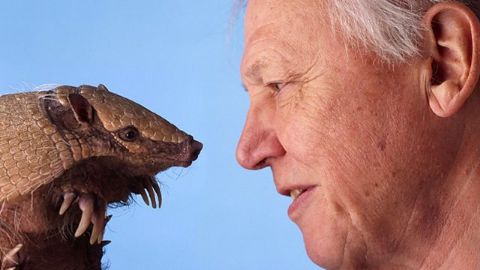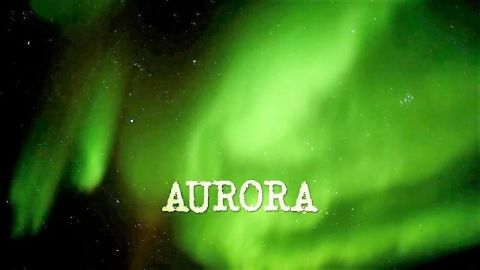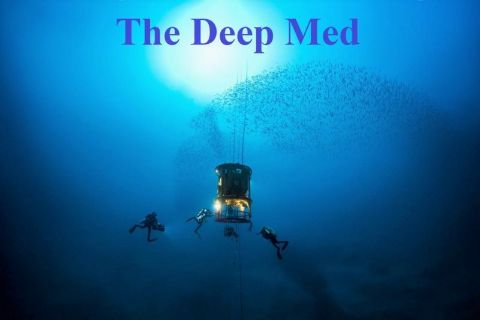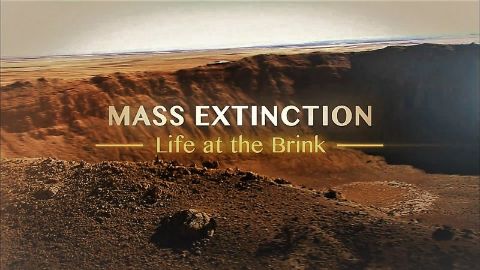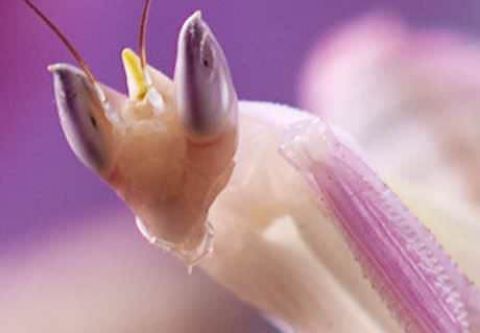The Life of Mammals • 2008 • 10 episodes •
Mammals have adapted to live almost anywhere - from freezing polar regions, to the hottest deserts and from steaming jungles, to the world's vast oceans. They survive on a great variety of different foods and it's what they eat that so often determines their behaviour - and that of course, includes our own.
2008 • Astronomy
David Attenborough looks at the mammals that hunt insects. These creatures shared the planet with the dinosaurs, but when the giant reptiles disappeared they seized their chance to conquer new territory. David meets moles that swim through sand, a shrew that hunts underwater and another that sprints down polished running tracks so fast that most predators can't catch it.
2008 • Nature
Some of the biggest predators to walk the earth face a constant battle - their prey is heavily armoured, indigestible and sometimes even poisonous. What makes this struggle more remarkable is that these predators do not prey on animals - but on plants.
2008 • Nature
Rodents like rats, mice and squirrels are the most numerous mammals on the planet. This programme reveals how, with their constantly growing, chisel-sharp front teeth, they are specialists in breaking into seeds. It also shows how they have adapted this talent to help them make their homes and even live underground, as well as revealing their ability to store food - and their ability to breed prolifically.
2008 • Nature
Join Sir David Attenborough in the fifth programme in the series, as he sits beside wild lions in the darkness of the night and meets a Siberian tiger face to face. From the first tree-dwelling hunters through to the modern-day big cats, we follow the true story about cats and dogs to find out what you need to be a true carnivore.
2008 • Nature
David Attenborough meets the omnivores - the opportunists. When it comes to food, this diverse range of animals, which includes grizzly bears at one end and rats on the other, are so adaptable that they can always make the most of whatever happens to be around at the time. They are nature's generalists but each is equipped with some very specialised skills.
2008 • Nature
From the roughest seas to the crystal clear waters of the Florida springs, David Attenborough swims with sea otters and dives with manatees, as he follows those mammals who, millions of years ago, left dry land and returned to the water to feed.
2008 • Nature
David Attenborough meets the tree dwellers - those mammals that have adapted to a life at height. Some, like meerkats, might hardly seem to qualify but they do regularly climb small trees to scout for danger. Others, like gibbons, live 100 feet or more above the forest floor and never descend to the ground.
2008 • Nature
In the penultimate episode, David Attenborough looks at monkeys. This group started its life in the tree-tops and this is where we join the capuchin, whose acute vision and lively intelligence helps them find clams in the mangrove swamps of Costa Rica and crack them open on tree-anvils. The swamps are also full of biting insects, but the monkeys rub themselves with a special plant that repels them.
2008 • Nature
David Attenborough concludes his documentary series with a programme about our closest animal relatives, the intelligent great apes, and finds out how their large brains enabled one of their kind, an upright ape, to go on to dominate the planet. David travels to the forests of Borneo to meet a remarkable orangutan with a passion for DIY and a talent for rowing boats. He shifts continent to Africa and takes part in a special nut-cracking lesson with a group of chimps learning survival skills. He discovers how food - and the ways apes find it - has been key to the evolution of our large brains.
2008 • Nature
